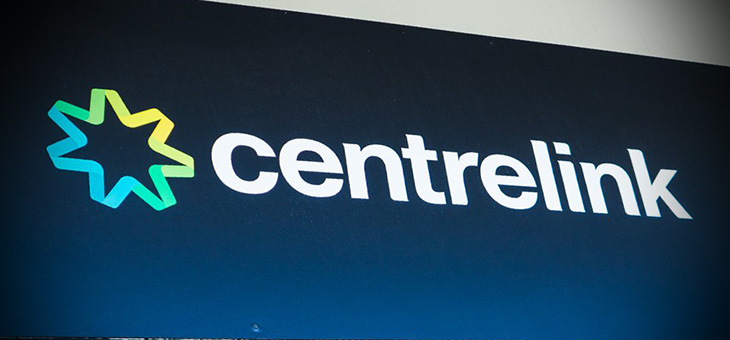The Department of Human Services’ (DHS) strong-arm tactics in the form of threats to charge daily compound interest, seize funds from bank accounts and garnishee wages have relit a fiery debate about the legality and morality of Centrelink’s robodebt program.
DHS general manager Hank Jongen said the interest charge measure, which includes compound interest charged daily, was introduced in April 2018 but only applied to former welfare recipients who owed debts to the DHS.
DHS letters sent earlier this month also contained warnings of withholding tax returns, potentially banning overseas travel and taking legal action if payment of welfare debts weren’t received within 14 days.
The warnings come in spite of social services advocates and legal experts planning to challenge the controversial robodebt program in the Federal Court.
Retired chief crown prosecutor Gavin Silbert QC says that by threatening some of the nation’s most vulnerable people the DHS is breaching legal obligations to act as a model litigant. He also claims the threats are most likely not enforceable without a court order.
“They know their methodology will not stand up to legal scrutiny and these amounts are nothing more than ambit claims,” he said.
However, DHS insists its enforcement activities comply with all relevant legislation.
Robodebt has faced scrutiny over how the program calculates welfare recipients’ debts. The DHS has already conceded to a Senate Estimates inquiry that over 70,000 robodebts had been reduced or erased due to incorrect assessments. Despite this, the DHS denies there are any flaws in its system. The Senate committee also recommended that the program be suspended until it could be proven fair and effective.
Last month, Victorian Legal Aid launched a Federal Court action against Centrelink and now Mr Silbert also says he would be keen to test the legality of the robodebt program.
“I would love to cross-examine someone from Centrelink and go through this line by line with them,” Mr Silbert said.
According to The Age, the DHS is trying to settle the Victorian case before a trial, so as to avoid legal scrutiny of the program.
Mr Jongen said all debt-recovery activities are legal and that he would not comment further while the matter was before court. He also said the department would consider a person’s financial and personal situation when working out a repayment plan to ensure they did not experience hardship.
“While we can authorise the garnishee of tax returns, wages and bank accounts to recover social welfare debts, we only take this action when other attempts to recover money owed have failed,” he said.
Do you think robodebt should be suspended until its ‘flaws’ are fixed?
Related articles:
Centrelink running elaborate sham
Govt admits to incorrect debt notices
Robodebt program to be expanded

